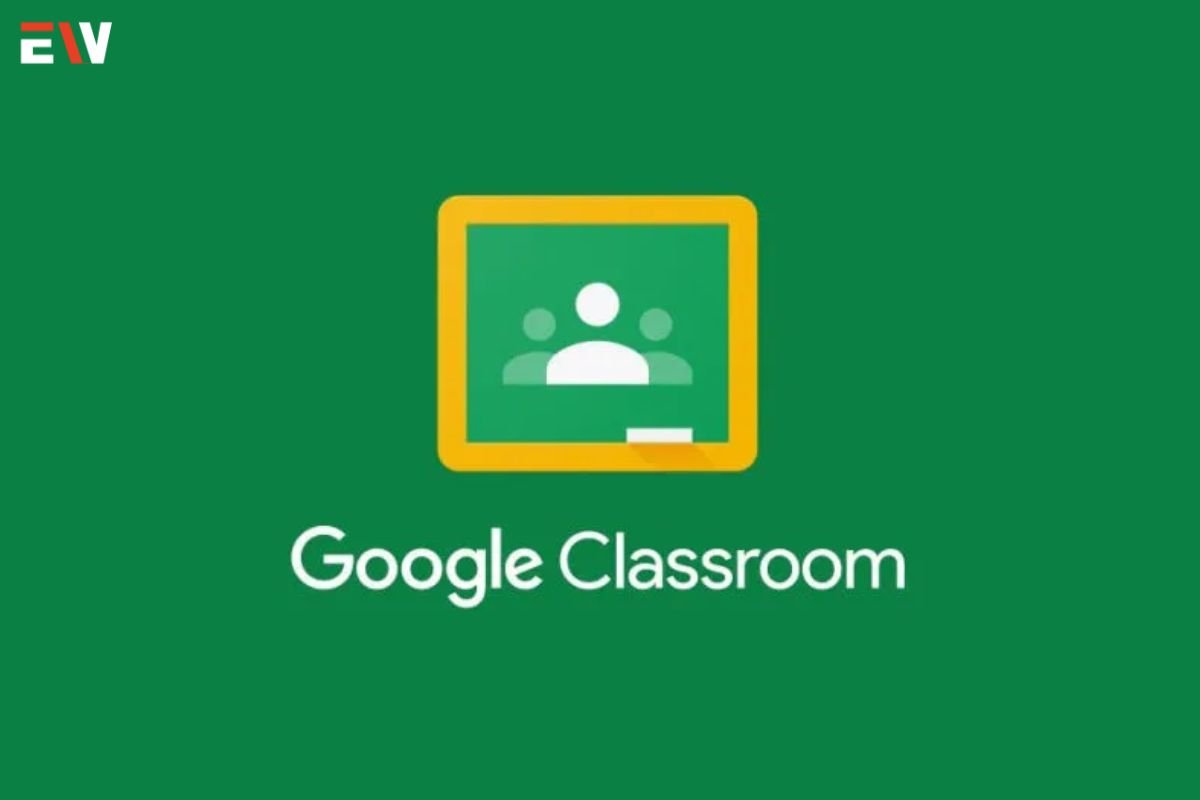The demand for efficient and accessible learning management systems (LMS) is on the rise. Whether for educational institutions, businesses, or individual educators, having a reliable LMS is crucial for organizing and delivering learning content. This article explores the realm of free learning management systems, highlighting their features, benefits, and how they can empower organizations and educators without breaking the budget.
Understanding Learning Management Systems (LMS)
A Learning Management System (LMS) is a software application designed to facilitate the administration, delivery, and tracking of educational content. LMS platforms provide a centralized hub for managing courses, tracking learner progress, and fostering interactive online learning experiences.
Benefits of Free Learning Management Systems
1. Cost-Efficiency

The primary advantage of free LMS platforms is their cost-effectiveness. They eliminate the need for substantial upfront investments, making them an ideal choice for small businesses, educational institutions with limited budgets, and individual educators.
2. Accessibility
Free LMS platforms make e-learning accessible to a wider audience. Individuals and organizations with constrained financial resources can leverage these platforms to create and deliver educational content without compromising on quality.
3. User-friendly interfaces
Many free LMS options feature intuitive and user-friendly interfaces. This ensures that educators, even those with limited technical expertise, can easily navigate the platform, create content, and manage learners.
4. Scalability
Free LMS platforms often offer scalable solutions, allowing users to start with basic features and gradually expand as their needs grow. This scalability makes them suitable for both small-scale initiatives and larger educational projects.
5. Community Support
Free LMS platforms often have active user communities. Users can benefit from shared experiences, best practices, and community-driven support forums, creating a collaborative learning environment.
Top Free Learning Management Systems
1. Moodle
Moodle is an open-source learning platform widely used for both academic and corporate learning. It offers a range of features, including customizable course formats, activity modules, and extensive administrative controls. Moodle’s open-source nature allows for community contributions and continuous improvement.
2. Canvas by Instructure
Canvas is a user-friendly LMS with a clean interface and robust features. While there is a paid version (Canvas LMS), the company offers Canvas Free for teachers. It includes features like course creation, discussion boards, and grading tools.
3. Google Classroom

Google Classroom is a cloud-based platform that seamlessly integrates with Google Workspace (formerly G Suite). It provides a simple and collaborative environment for teachers to create, distribute, and grade assignments. Google Classroom is particularly suitable for K-12 and higher education.
4. Edmodo
Edmodo is a social learning platform designed for K-12 education. It allows teachers to create a virtual classroom, share resources, and engage with students in a secure online environment. Edmodo offers features such as quizzes, assignments, and collaborative discussions.
5. Sakai
Sakai is an open-source LMS developed by a global community of academic institutions. It provides a robust set of tools for course management, collaboration, and assessment. Sakai’s flexibility and extensibility make it suitable for diverse educational settings.
6. Claroline Connect
Claroline Connect is an open-source LMS that emphasizes collaborative learning and social interaction. It offers features such as forums, wikis, and collaborative tools. Claroline Connect is designed to enhance the learner’s experience through interactive and engaging content.
7. Chamilo
Chamilo is an open-source LMS that focuses on ease of use and adaptability. It provides features for course creation, communication, and assessment. Chamilo is suitable for various learning environments, from traditional classrooms to online courses.
Tips for Choosing the Right Free LMS
1. Define Your Requirements
Clearly outline your specific needs and requirements before choosing an LMS. Consider factors such as the number of users, types of content, and desired features to ensure the selected platform aligns with your goals.
2. User-Friendly Interface
Opt for an LMS with an intuitive and user-friendly interface. A platform that is easy to navigate and use will contribute to a positive learning experience for both educators and learners.
3. Scalability
Choose an LMS that can grow with your needs. Ensure the platform allows for scalability, enabling you to add features or accommodate a growing user base as your educational initiatives expand.
4. Community Support

Explore the level of community support offered by the LMS. An active user community can provide valuable insights, troubleshooting assistance, and a sense of collaboration.
5. Integration Capabilities
Consider the integration capabilities of the LMS with other tools and systems. Seamless integration with tools such as video conferencing, content creation software, or analytics tools enhances the overall functionality of the platform.
6. Data Security and Privacy
Prioritize platforms that prioritize data security and privacy. Ensure the LMS complies with relevant regulations and standards to protect sensitive learner information.
Conclusion
Free learning management systems have become invaluable tools for educators, businesses, and organizations seeking accessible and cost-effective solutions for delivering educational content. By understanding the benefits, exploring top free LMS options, and following key considerations, users can make informed choices that align with their specific needs. As the landscape of online education continues to evolve, leveraging free LMS platforms empowers educators and learners alike to engage in collaborative and effective digital learning experiences.









